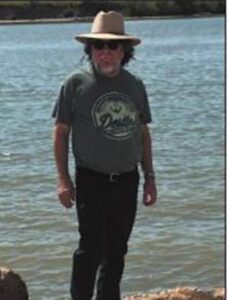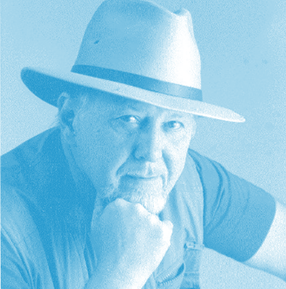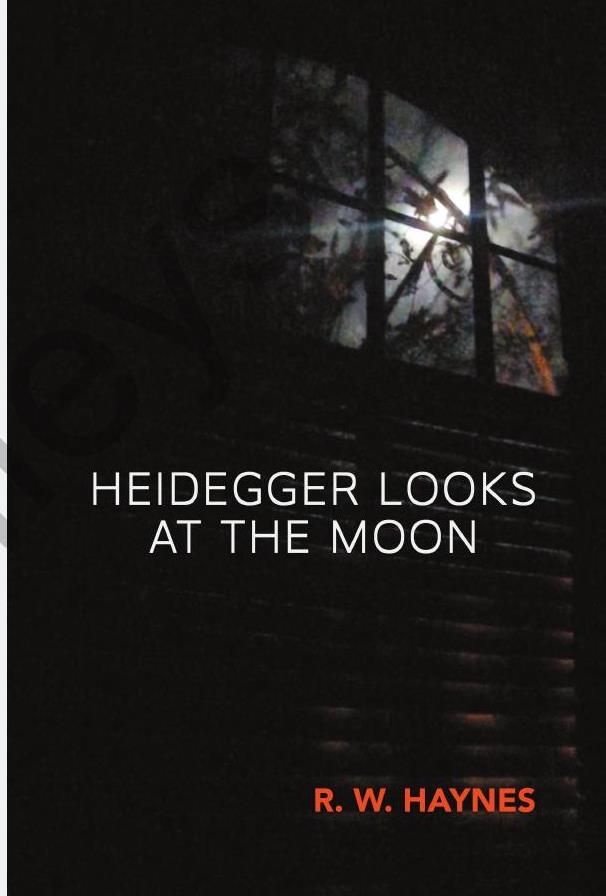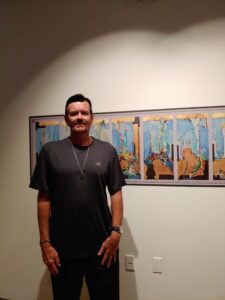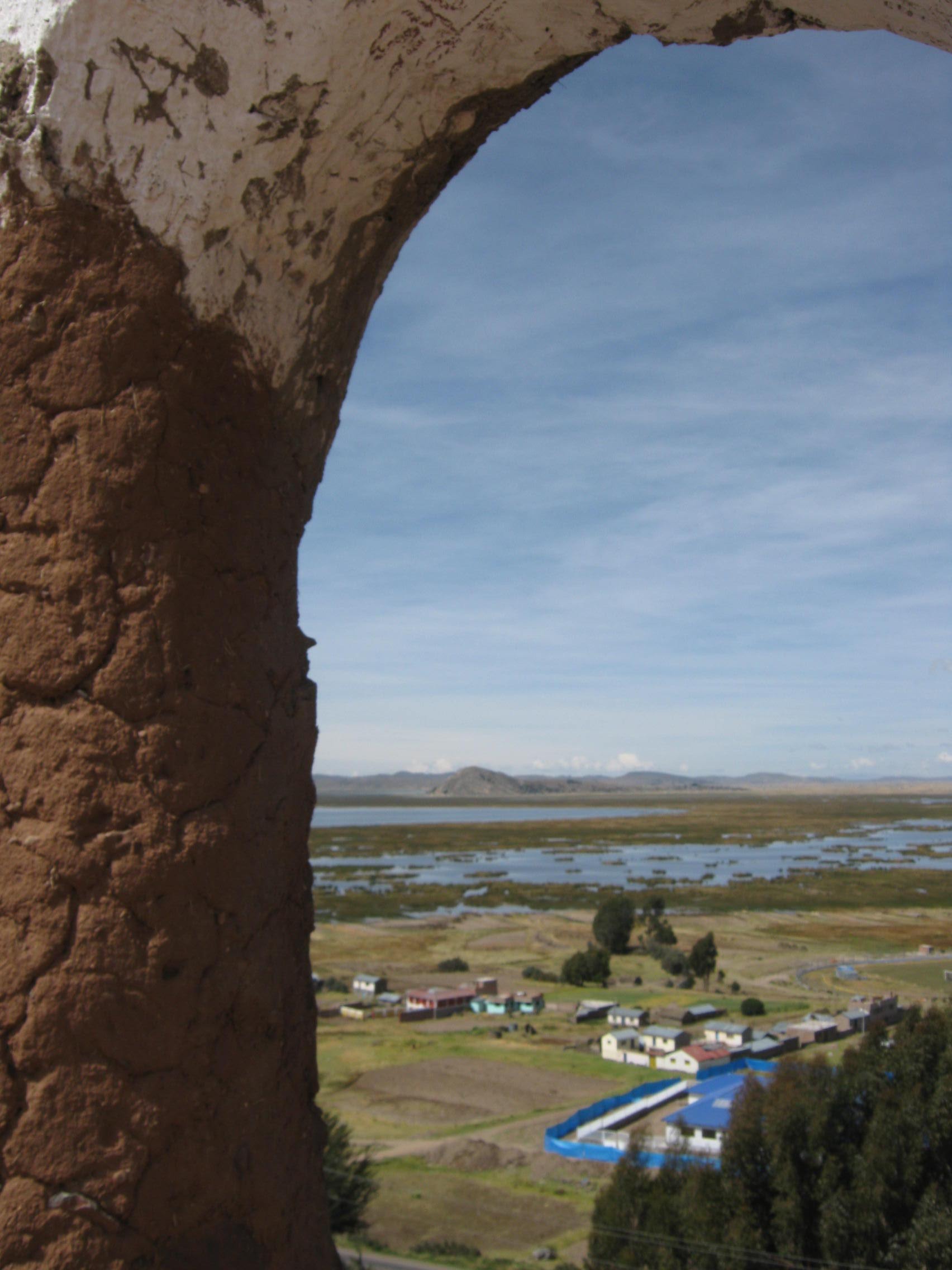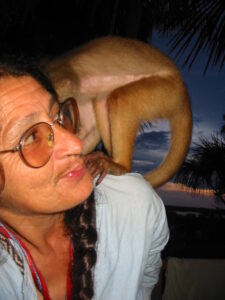MOURNING DAD he is decomposed from a bramble rose now- his thorns of storms drow, foetal curled in the underworld faerie peat without plough. is it fun with all those comical musical jacketed jesters- or primplum suitedrun by posh ancestors- doing the same this and that to keep your spirit level flat with docile protestors wired to silicon investors. i bought this new fedora hat in whitewashed Mijas to be my own brown Romany see as- let them face their ignominy when i wear it here in town- like an un-shoed horse from the roadgorse prancing right through their moral less light brim slanted defiantly down eyes outsider brown. is it no Left or Right there. do you have your chair to sit in. can you smoke your pipe gathering stars in its clouds at night thinking thoughts in nothing. do you still use words to help wingless birds or is it silent to the violent fermenting fear when the truth comes near just like here. THROUGH TALL WINDOWS in late afternoon meadows low light sketched your shadows in Mucha pose while I watched through tall windows. opening doors footsteps on floors all the clocks in the house stopped in the sundial of your smile- then prying phones became postponed and dissolved the blocks of being drones in dosed apartments opening closed compartments. more Bogart and Bacall in Key Largo, or The Poet by Vettriano- in the hall, we took Hopper’s painting off the wall with its stark stress heart of darkness. Us we are composed out of the fate of stars a light dark light so old and tuned that regards most of Us as Other peasants who are clothed without privileged presents to burn wood in cracked stoves under crumbling cover. stitched to Their time we entwine in our own interpretation of this spinning station. only burlesque bright skies and the iris flowers of abandoned eyes can change the fixed views of a selfish landscape into united hues of equal state. our reality is broken- we are the hosts and ghosts who have been stolen the violated tokens of corporatist totems screen greed being traded and invaded then beaten for protesting by police working for the Thief. BABYLON'S BOHEMIAN BOUQUET i like the way some words you say go against gravity and linger in the air when you've gone. sad or fair, they blow away this dungeons dark oblivion, and water me with wisdom like a soft shawl with scents and sounds that i wrap around my senses come what may- you give it all, and love abounds in Babylon's bohemian bouquet. like butterflies in druid grey skies, the fragility of eternity ripples with uncertainty, but doesn't woo, then waver in your eyes. it's steady gaze seduces praise, then fondles and savours loves succulent flavours, like innocent alibis.
Strider Marcus Jones – is a poet, law graduate and former civil servant from Salford, England with proud Celtic roots in Ireland and Wales. A member of The Poetry Society, his five published books of poetry https://stridermarcusjonespoetry.wordpress.com/ reveal a maverick, moving between cities, playing his saxophone in smoky rooms. He is also the founder, editor and publisher of Lothlorien Poetry Journal https://lothlorienpoetryjournal.blogspot.com/
His poetry has been published in the USA, Canada, Australia, England, Scotland, Ireland, Wales, France, Spain, Germany; Serbia; India and Switzerland in numerous publications including: Dreich Magazine; The Racket Journal; Trouvaille Review; dyst Literary Journal; A New Ulster; Impspired Magazine; Literary Yard Journal; Piker Press; oppy Road Review; Cajun Mutt Press; Rusty Truck Magazine; Rye Whiskey Review; Deep Water Literary Journal; The Huffington Post USA; The Stray Branch Literary Magazine; Crack The Spine Literary Magazine; The Lampeter Review; Panoplyzine Poetry Magazine; Dissident Voice.
Robin Ouzman Hislop is Editor of Poetry Life and Times at Artvilla.com ; You may visit Aquillrelle.com/Author Robin Ouzman Hislop about author & https://poetrylifeandtimes.com See Robin performing his work Performance (University of Leeds)


